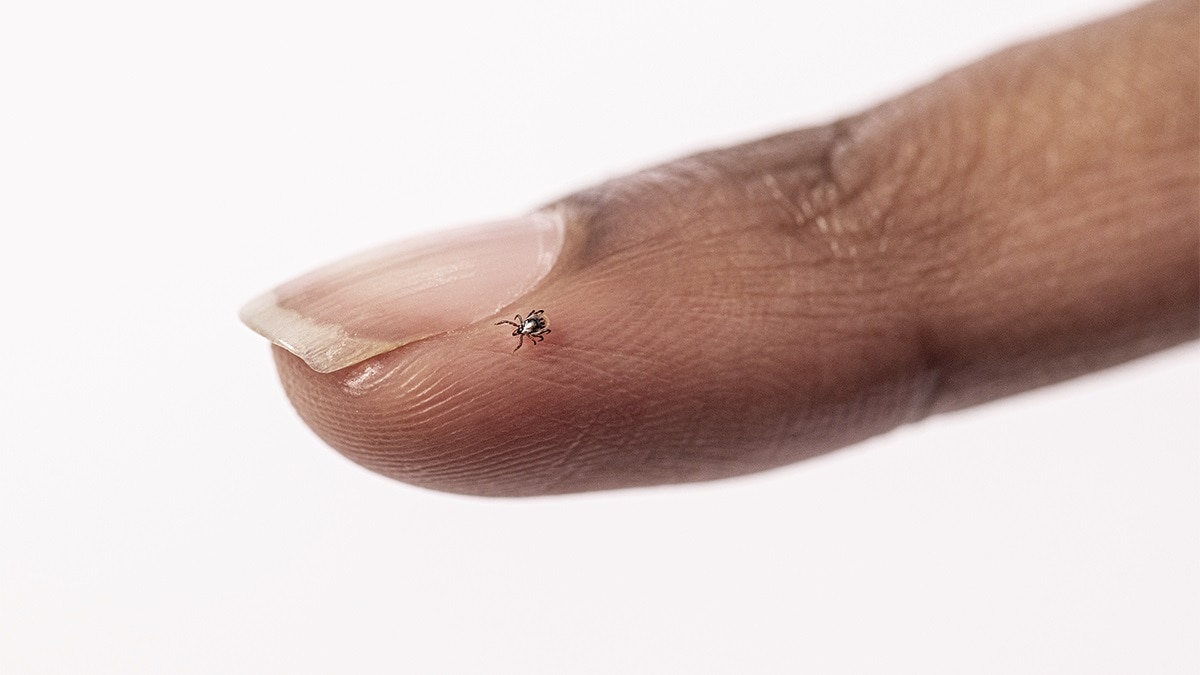Key points
- Many people do not feel sick and have no symptoms. However, some may get flu-like symptoms.
- Symptoms can take weeks or months to develop.
- Babesiosis can become a life-threatening disease for the elderly, those without a spleen, or weakened immune systems.

Signs and symptoms
Many people with babesiosis do not feel sick and have no symptoms. However, if symptoms do occur, they can start about a week after infection and usually take a few weeks or months to develop and can sometimes take even longer.
Some people might get flu-like symptoms, such as:
- Fever
- Chills
- Sweats
- Headache
- Body aches
- Loss of appetite
- Nausea
- Fatigue
Since the parasites attack red blood cells, babesiosis can lead to a type of anemia called hemolytic anemia. This type of anemia can lead to jaundice (yellowing of the skin) and dark urine.
Babesiosis can become a severe, life-threatening disease, particularly in people who
- Do not have a spleen
- Have a weak immune system for other reasons like cancer, lymphoma, or AIDS
- Have serious health conditions like liver or kidney disease
- Are older (>50 years old)
Babesiosis can lead to serious health problems including
- Low and unstable blood pressure
- Severe hemolytic anemia
- Very low platelet count
- Widespread clotting and bleeding in your body, known as disseminated intravascular coagulation (also known as "DIC" or consumptive coagulopathy)
- Vital organs like your kidneys, lungs, and liver not working properly
- Death
